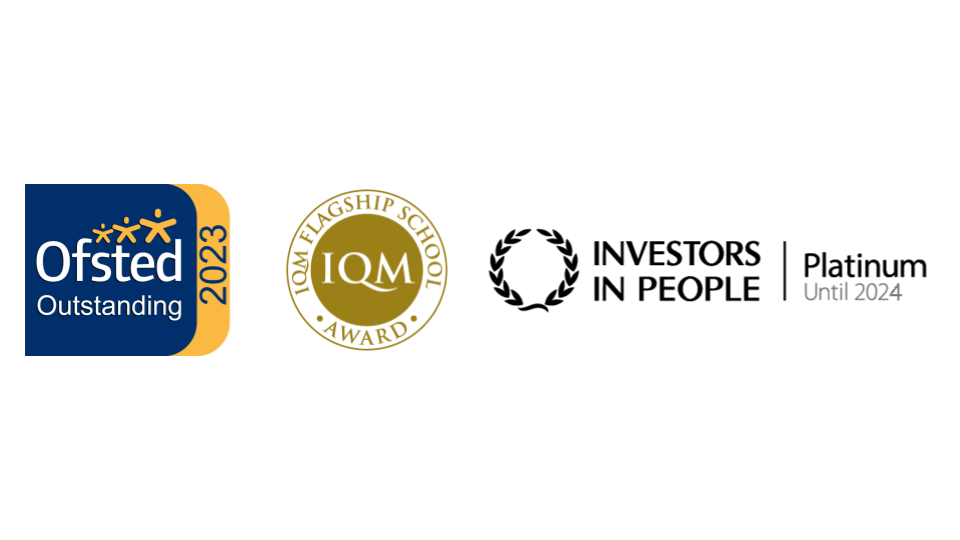Joy Adamson Class, David Attenborough Class & Alfred Russel Wallace Class

Year 6’s class names are inspired by 3 naturalists who have worked both to understand & to conserve wildlife and nature.
Joy Adamson loved animals so much that she kept a lion! She raised her from a cub with her husband George in Kenya & called her Elsa. Together they trained Elsa in hunting skills over many years so that she could survive on her own. She was the first lion in captivity to be successfully released into the wild & her story is told in the book & film, ‘Born Free’.
David Attenborough is one of Britain’s best-loved naturalists & broadcasters. He has been presenting nature programmes on TV since before our parents were born & even some of our grandparents! He is the only person to have won BAFTAs for programmes in each of black and white, colour, HD and 3D.
Alfred Russel Wallace was a British naturalist, explorer, geographer, anthropologist, and biologist. He is best known for independently creating the theory of evolution through natural selection; his paper on the subject was jointly published with some of Charles Darwin‘s writings in 1858. This prompted Darwin to publish his own ideas in On the Origin of Species. Wallace did extensive fieldwork, first in the Amazon River basin and then in the Malay Archipelago, where he identified the faunal divide now termed the Wallace Line.
Year 6 begins amid air raid sirens & crackly wireless broadcasts. There are blackout coverings over the windows & searchlights, gas masks & tin helmets, camouflage netting & ration cards. Spitfires take on Messerschmitts overhead & the walls are covered with war propaganda posters. Only the bunting suggests a happy ending.
This term is all about war; what life in wartime London would have been like then & what it means for us now.
WWII invades everything we learn about in the autumn, not just the obvious historical bits like the Blitz & Churchill, evacuations & the Holocaust. We look at propaganda as a way of persuading people & examine the success of motivational speeches. We read books like ‘Goodnight Mr Tom’ & ‘The Boy in the Striped Pyjamas’ set at the time. Our science involves light and electricity. We look at the war artists and listen to Vera Lynne & the music of ‘big bands’ so popular at the time.

Early in the term we go on trips to the Imperial War Museum & the Museum in Docklands, where we sit inside an Anderson Shelter. This inspires us back in our classroom to design and make a model shelter. The piece is a true product of all our Art & Design and D&T skills.
By the end of term, we have read emotive war time poetry and written a narrative based on The Christmas Truce. We have also taken charge of ordering & selling poppies in school & our local community. And perhaps we’ve started to understand the nature of sacrifice a bit better.
Click below for the Autumn Knowledge Organisers;
This is not like any other termly topic we’ve encountered but we’re in Year 6 now & we’re not afraid of new things; we approach them with energy & curiosity. Rivers of Time weaves together the subjects of history, geography & science; they are its tributaries, you could say. Water washes over & soaks into everything that we learn about.
It’s time to leave the security of dry land behind for a while. The room is blue & white & it is full of artefacts designed by man to control, survive in & make use of their watery environments. This term we examine how the River Thames has shaped London and compare this to the river Nile during Ancient Egyptian times. We learn about how rivers are formed & about how they change the landscapes they flow through. We learn about the benefits & the dangers they bring to those on their banks, about how rivers shape us & how we shape them.
We read & write adventure stories set at sea & information texts about aquatic creatures. Science & English collide when we write persuasive texts to encourage greater personal responsibility in caring for the world’s marine resources.
In science, we become marine biologists and classify aquatic animals using dichotomous keys & in D&T, we design & build bridges, learning from the best.

Our Y6 residential trip involves a hands-on element of coastal studies, erosion & deposition. We also go on a trip to experience the engineering masterpiece that is the Thames Barrier, practically on our doorstep here in East London.
By the end of the term we have cruised down the Nile & the Thames in ancient times, looking closely at life in their waters & on their banks. We have seen the impact that we have had & can have if we choose, and we have built bridges … both literally & metaphorically!
Click below for the Spring Knowledge Organisers;
It’s nearly time to move on to pastures new. Most of us, having known no other school, have spent 8 happy years here & it all seems quite a big deal. This term is all about learning about changes & reflecting on what really makes us us so that we feel confident to face those changes we’re going to experience.
Our classroom reflects the places & cultures we & our families all come from; there are maps & globes, family trees & autobiographies & the room is dotted with religious symbols from the faiths represented in our class & others. The themes of global connections & transition run through all of our work this term. We read & write autobiographies & discuss changes & growing up in PSHE. Transition & reflection week at the end of term sees us preparing for & performing leavers’ show, the highlight of the year for the rest of the school!

We always have an important trip to go on that gives us the opportunity to enjoy our friends’ company & say goodbye properly & all of us visit our new secondary schools this term.
By the end of the term, we have completed the ‘Identity Project’ & its associated work on photography & writing. We have learned about peer pressure & gained an insight into how to resist it & we have recognised our time at primary school for what it was – a chance to enjoy & explore childhood & to begin to piece together what it means to be a young adult. We’ve had a chance to reflect on who we are & learned to nurture & treasure good relationships. Not bad.
Click below for the Summer Knowledge Organisers;


